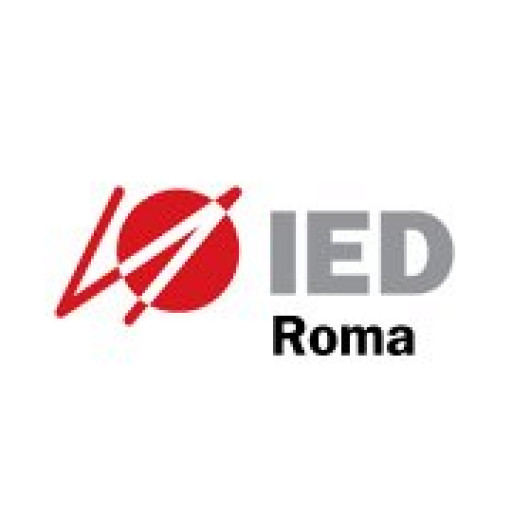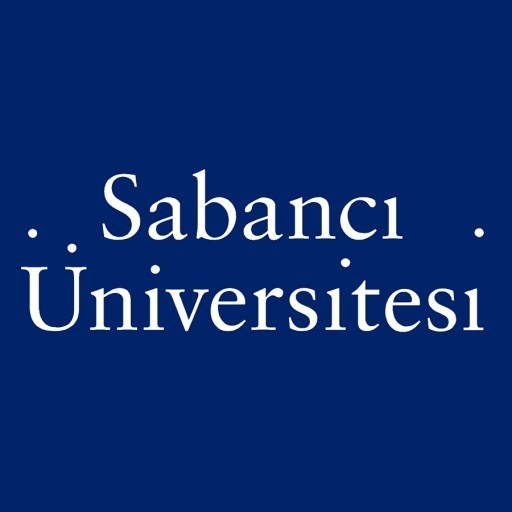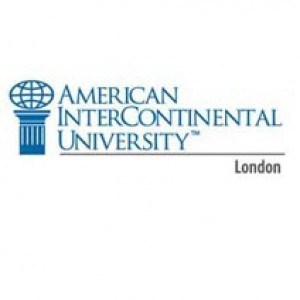Photos of university / #officialuom
Advertisement
We all care about what the world will be like for future generations and the effect of our use of energy on the environment. It's an international issue and climate change, greenhouse gas, our carbon footprint and acid rain are all hot topics for debate - they appear in the media on a regular basis. The issue is taken seriously by many major multi-national companies - energy efficiency makes them more competitive and helps them fulfil their duty to society.
* You examine a series of processing steps and how they interconnect to form a complete system which transforms raw materials into desired products with minimal cost and environmental harm.
* Decisions made during the conceptual stage of design are critical to the final environmental impact, safety, quality and economic viability of the process - therefore a lot of emphasis is placed on conceptual design.
* You learn how to build, solve and validate mathematical models for the simulation, optimisation and control of chemical processes and use design and modelling software such as Hysys, ProII, Matlab and Aspenplus.
Who will benefit?
The course is for recently graduated scientists and engineers who are interested in developing their understanding of chemical process design and finding out how good design can have a favourable effect on energy use and the environment.
How will you benefit?
* Advanced training in the most recent principles and concepts of process design ensure you are up to date with the most progressive ideas in the field
* Regular feedback from senior businessmen and women from prestigious international companies mean that the course is considered to be of high quality and extremely relevant to industry
* The qualification you gain will be recognised all around the world and the excellent reputation of the course amongst employers mean that you will immediately enhance your career prospects
* Training in the use of process simulation software and other software tools means that you graduate with skills which are highly useful to employers
* The availability of e-learning material enables you to plan your time to study at your own pace - and you can choose between studying full-time at the University or part-time through distance learning
* You will gain many other skills to make you more employable such as report writing, time management and the ability to make presentations
* There is the flexibility to choose whether you study for an MSc, Postgraduate Diploma, Postgraduate Certificate or even a single Unit as a stand alone short course
Module details
The course can be studied full-time in attendance at the University or part-time by distance learning.
* The amount of effort required by a student is measured in credits. An MSc requires the completion of 180 credits, a Diploma 120 credits and a Certificate 60 credits.
* The MSc has two major segments, the taught part and a research project. You study six 15 credit Units and the 30 credit Unit on Research Training Techniques and Methodology. Following the successful completion of these you go on to complete your 60 credit Dissertation Project (total 180 credits).
* The Postgraduate Diploma requires successful completion of six 15 credit Units and the 30 credit Unit on Research Training Techniques and Methodology (total 120 credits).
* The Postgraduate Certificate requires successful completion of four 15 credit Units (total 60 credits).
* Each of the individual Units is available to study as a shorter training course - a great way to learn new skills and enhance your professional development.
The Units studied are:
* Computer Aided Process Design (15 credits)
* Energy Systems (15 credits)
* Utility Systems (15 credits)
* Distributed and Renewable Energy Systems (15 credits)
* Sustainable Development and Industry (15 credits)
* Greenhouse Gas and Combustion Emissions (15 credits)
* Research Training Techniques and Methodology - including Design Project (30 credits)
* Dissertation Project (60 credits)









